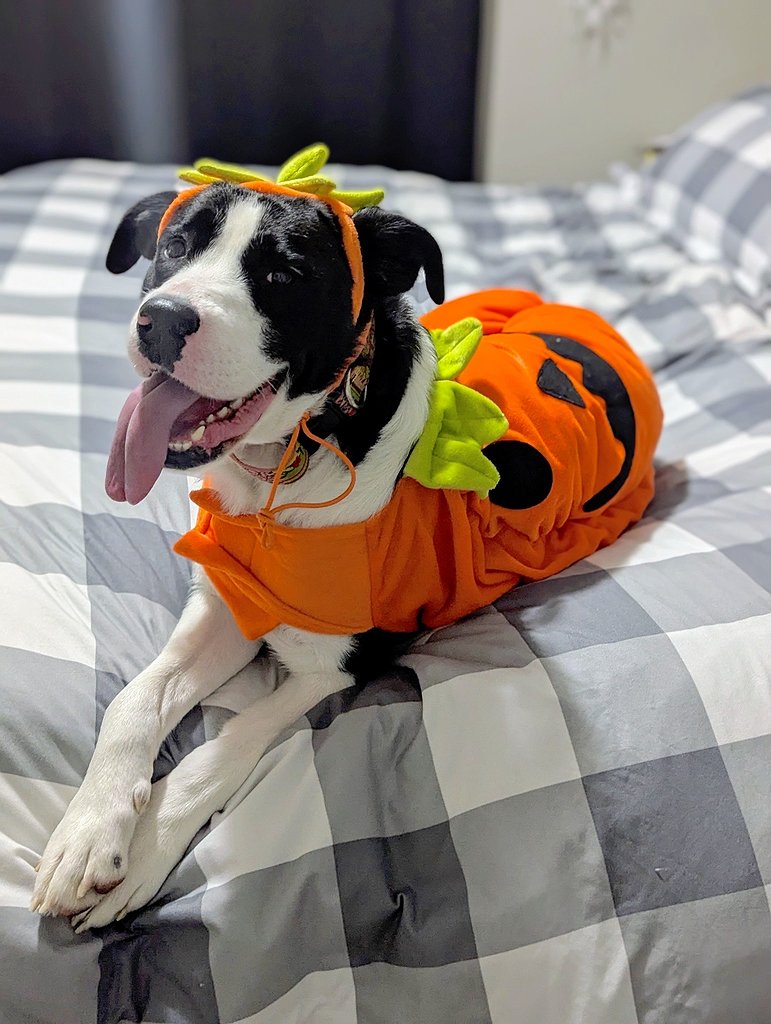Profusion of parvo cases is preventable
| October 31, 2024 12:00 AM
Communities across the Flathead Reservation are currently facing an explosion in parvo cases. Meanwhile, organizations like the Arlee Rehabilitation Center (ARC) are fielding daily calls from families in crisis who need to surrender unwanted dogs. Puppies and dogs are being abandoned on roadsides and in fields.
These challenges reflect a general lack of awareness regarding how our decisions about our animals affect children, elders, cousins, aunties, neighbors and strangers in our midst. Our collective failure to understand that reservation puppies are less cute playthings and more a source of trauma and crisis is causing harm to those around us.
ARC’s mission is to serve the Flathead Indian Reservation, providing a sanctuary where animals heal people and people heal animals. Insofar as our work is trauma healing and prevention, we are working with communities to mitigate crisis through education.
In the past month, we have dealt with 16 parvo emergencies. At the present time, communities at highest risk are St. Ignatius, Pablo, Charlo, Dixon and Arlee, but no place on our reservation is immune to transmission.
The main contributors to the crisis are: Families allowing female dogs to get pregnant; lack of information about available resources; and lack of understanding about the transmission, symptoms, prevention and treatment of parvo.
In theory, puppies are responsible for 95% of parvo’s spread. In practice, humans are 100% responsible. You have the capacity to fix this problem. All it takes is working together: communication, education, resources, good will, responsibility and commitment.
Spaying is first line of prevention
Spaying is the no. 1 best strategy to avoid the trauma of parvo. For reasons mentioned below, mere vaccination is not sufficient.
People contributing to an over-population of puppies is not only fanning parvo spread, but also harming our communities in other ways. Many community members are faced with impossible choices: dump animals or be evicted.
The financial stress associated with vet bills and dog food is overwhelming. Relationships and mental health are strained.
Outdated and misplaced ideas about allowing females to have their first heat and litter are causing unspeakable harm. In our reservation communities, the risks associated with allowing puppies to be born are astronomically higher than the miniscule risks of early spay.
In privileged communities, people can afford to pamper their pets, erect expensive dog-proof fencing, feed high-end food, pay for state-of-the-art veterinary care, and prevent unwanted pregnancies. In our communities, unspayed females get pregnant. It’s a simple fact of reservation life.
Even if we have fenced yards, roaming males scale them to get in. Parvo travels. Dogs get sick, get shot, get dumped, get run over, and so much more.
You can save lives by spaying and spaying early. Many shelters nationally spay starting at six weeks of age, while ARC generally starts around 10 weeks.
Elders teach that caring for one another is a virtue, so even if you’re personally reluctant to spay, do it for your neighbors and your community.
Most of our community members do not spay because they cannot afford to do so. ARC will help you. We offer canine-spay services year-round on a sliding scale. For those in greatest need, we offer it free. Text us at 406-207-9338 or 406-552-8322 to request spay assistance for dogs.
No one should be forced to do the wrong thing merely because they can’t afford to do the right thing!
Parvo can be spread by roaming dogs
Parvo is the number one killer of puppies in our communities but it doesn’t need to be. Learn more with our comprehensive Parvo Bulletin, www.k9arc.org/parvo-bulletin. We encourage you to read it, share it, print and display it, distribute it, and talk about it with all your friends, kids, elders and family members!
In a nutshell, parvovirus is a widespread pathogen that afflicts puppies and kills them after making them suffer horribly. Healthy, vaccinated dogs over 6 months of age are at essentially no risk but they can spread parvo by carrying the virus around while roaming.
The virus lives in the dirt. Once contaminated, open ground can remain contaminated for up to nine years, and nothing can be done to fully eliminate the virus. This is why spaying and minimizing the number of young puppies in our communities is the only sure-proof protection.
Vaccinating for parvo is a complicated subject, fully described in our bulletin. Basically, the chance that a DAPP shot will protect your puppy depends on the age at which it is given. For very young puppies (5 weeks and younger), a single shot almost never protects them. For puppies 5 months (20 weeks) and older, a single shot is enough to protect the dog for several years.
For very high-risk sites like the area around the historic Mission church in St. Ignatius, Dixon Agency, downtown Pablo, or any location with a known incident of parvo within the past seven years, we strongly recommend vaccinating for DAPP every two weeks starting at 4 weeks and up to 5 months (this won’t hurt the puppy!), and you can do it yourself without a vet!
But our strongest recommendation for these areas is as follows: Don’t bring any puppies to those areas at all; if you must, keep them exclusively indoors until they are at least 3 months old and have been vaccinated five days earlier; do not allow a female dog to give birth in these areas; and if a puppy suddenly loses its appetite or energy or throws up (even a little), text ARC immediately at 406-207-9338. Any delay puts the puppy’s life at huge risk.
Do not rely on emergency veterinary services unless you can afford anywhere between $500 and $2,000 in emergency costs.
If you are interested in helping us with a community outreach and education program for our reservation, please contact us at 406-207-9338 or reach out to the Arlee Rehabilitation Center through Facebook Messenger.



